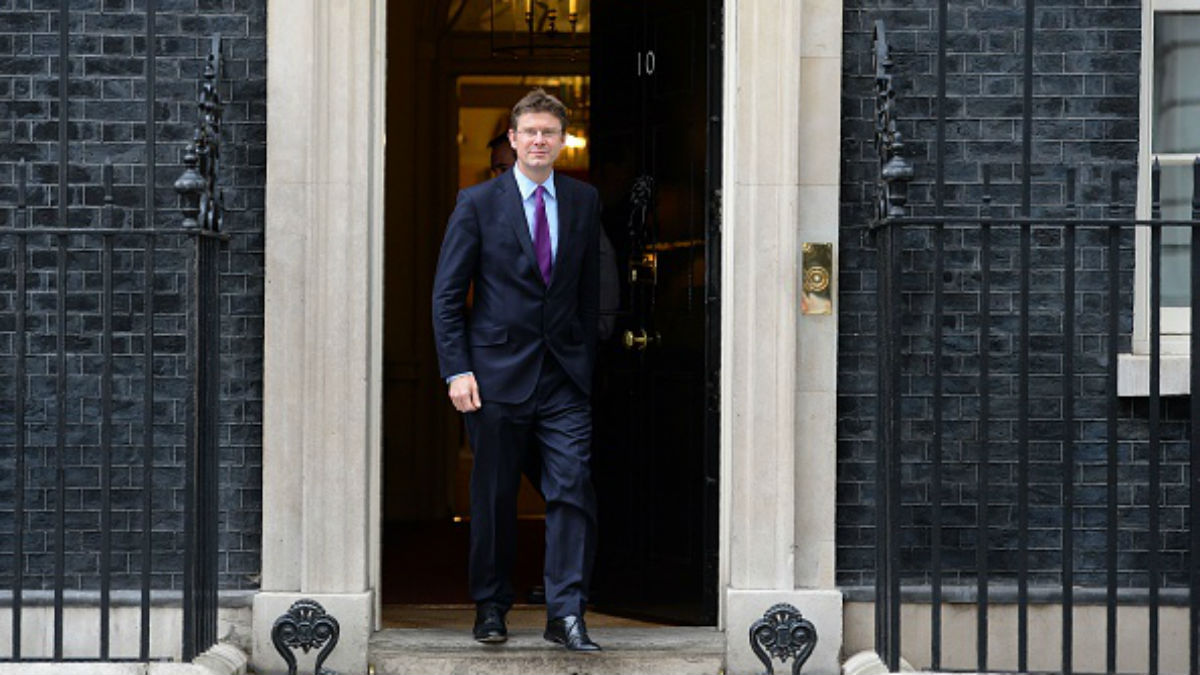Business and energy departments merged in May reshuffle
Former communities secretary Greg Clark leads new Department for Business, Energy and Industrial Strategy

A free daily email with the biggest news stories of the day – and the best features from TheWeek.com
You are now subscribed
Your newsletter sign-up was successful
Theresa May has undertaken one of the biggest overhauls of Whitehall by an incoming prime minister for decades.
One of the most significant changes concerns the way government interacts with business communities, with the Departments for Business, Innovation and Skills (BIS) and Energy and Climate Change (DECC) both effectively scrapped.
In some respects, the new Department for Business, Energy and Industrial Strategy represents something of a return to the cabinet structure of old.
The Week
Escape your echo chamber. Get the facts behind the news, plus analysis from multiple perspectives.

Sign up for The Week's Free Newsletters
From our morning news briefing to a weekly Good News Newsletter, get the best of The Week delivered directly to your inbox.
From our morning news briefing to a weekly Good News Newsletter, get the best of The Week delivered directly to your inbox.
BIS was formed in 2009 by the merger of the Department for Innovation, Universities and Skills, which focused on universities, adult education and science, and the Department for Business, Enterprise and Regulatory Reform, which dealt with corporate laws and regional economic development.
Now the responsibility for further, higher and adult education will return to the Education Department, from which it was taken in 2007.
The addition of the energy brief harks back to the days of the old Department for Trade and Industry, which existed from 1970 to 2007.
Into the mix is "Industrial Strategy", a phrase repeated by May in her short campaign for Tory leader to refer to pledges for infrastructure investment to rejuvenate the UK's neglected cities.
A free daily email with the biggest news stories of the day – and the best features from TheWeek.com
The new department will be run by former communities secretary Greg Clark, who replaces Sajid Javid as business secretary.
Industry leaders and lobby groups have "overwhelmingly welcomed" the new department, reports The Guardian, although there were calls for a period of continuity and for infrastructure investment to be fast-tracked to offer a post-Brexit economic boost.
"[Clark] understands climate change and has written influential papers on the benefits of Britain developing a low-carbon economy," said Richard Black, the director of the Energy and Climate Intelligence Unit.
"Importantly, he sees that economic growth and tackling climate change are bedfellows, not opponents - and he now has the opportunity to align British industry, energy and climate policy in a way that's never been done before."
However, environmental campaigners criticised the removal of "climate change" from the department's title. Green MP Carline Lucas told the BBC it meant the issue has been "thrown in the basement of another Whitehall department".